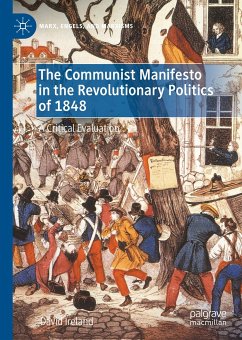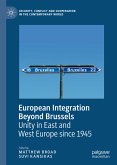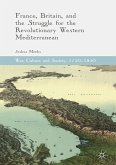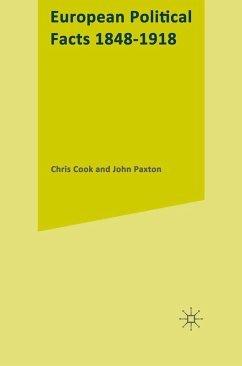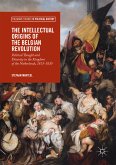This book examines why, on the eve of the pamphlet's 175th anniversary, the Communist Manifesto left so faint an imprint on Europe's most revolutionary year of 1848, when it has had such a huge impact on posterity. The Manifesto that year misread bourgeois intentions, put too much faith in the industrial proletariat, too little in peasants, too much emphasis on the German states, and none on England. Marx and Engels preferred in 1848-9 to focus on the middle-class Neue Rheinische Zeitung, declining to galvanise working-class groups whose leadership they had actively sought. They neglected to return swiftly to the German states in their crucial 1848 'March days'. The Manifesto's programme barely overlapped with contemporary campaigners or comparative pamphleteers, or the replacement Demands of the Communist Party in Germany. The book considers the consequences of Marx opting to write the Manifesto alone in January 1848. It also questions the source and significance of the pamphlet's most memorialised phrase, 'the spectre of Communism', whether it was written for the 'working men of all countries' addressed in its finale, and whether Marx and Engels regarded the Manifesto as highly in 1848, as they undoubtedly did in later life.
David Ireland is an independent historian based in London, UK. He studied German and French at Keble College, Oxford, and more recently did an MA in Political Thought and Intellectual History at UCL/Queen Mary University of London
Dieser Download kann aus rechtlichen Gründen nur mit Rechnungsadresse in A, B, BG, CY, CZ, D, DK, EW, E, FIN, F, GR, HR, H, IRL, I, LT, L, LR, M, NL, PL, P, R, S, SLO, SK ausgeliefert werden.
Hinweis: Dieser Artikel kann nur an eine deutsche Lieferadresse ausgeliefert werden.

